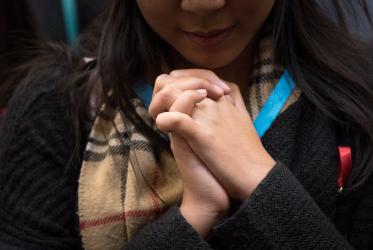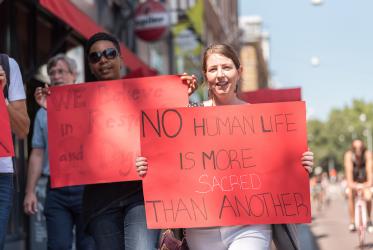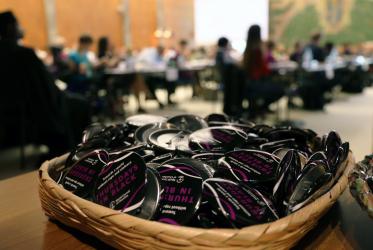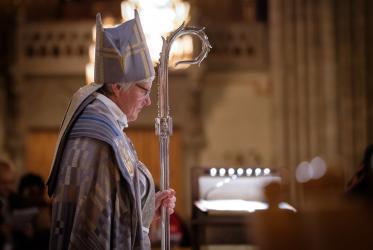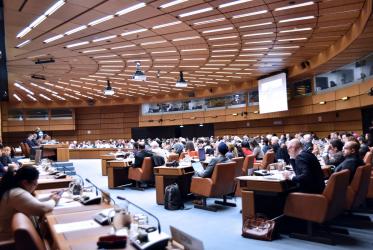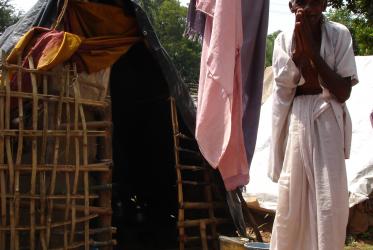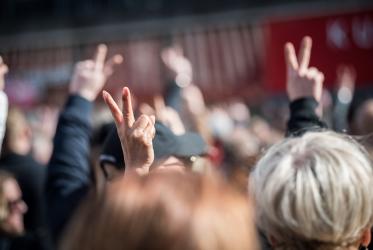Displaying 1 - 20 of 45
03 November 2020
WCC well-represented in Religions for Peace leadership
07 October 2019
Christian communicators work to counter hate speech against refugees
10 December 2018
WCC executive committee tackles public issues
07 November 2018
WCC supports UN petition from French Polynesia
07 November 2018
Gender justice an important facet of ACT Assembly
29 October 2018
Archbishop Antje Jackelén opens ACT Assembly in Uppsala
29 October 2018
#WCC70: Nathan Söderblom, ecumenical pioneer
29 August 2018
Broken glass of hope grown out of rubble
16 July 2018
قادة رجال الدين العرب يأسسون أول منبر للتلاحم الاجتماعي
26 February 2018
الدكتور "تفايت" يتكلم عن الشراكة من أجل وضع حدّ للعنف ضد الأطفال
15 February 2018
Tveit speaks on Partnership to End Violence Against Children
15 February 2018
Turning plans into action to prevent incitement to violence
14 February 2018
#WCC70: Remembering Orissa
11 January 2018
Trying to do good for the world
18 December 2017
WCC expresses support for Swedish ban on nuclear weapons
19 September 2017
